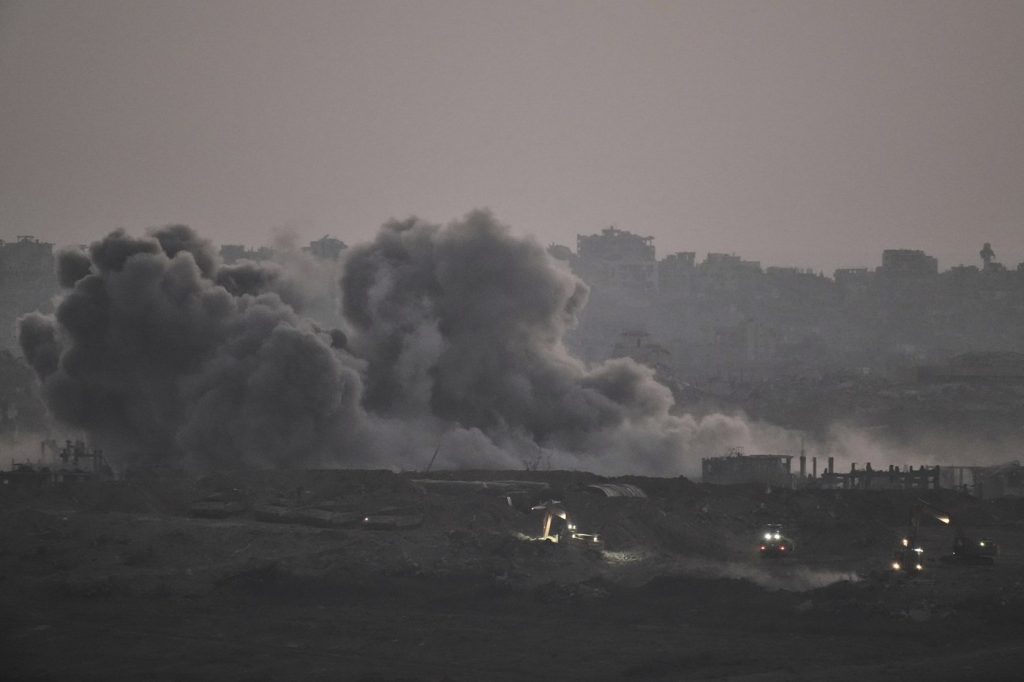DEIR al-BALAH, Gaza Strip (AP) – Early on Friday, Israeli airstrikes resulted in the deaths of 15 Palestinians in Gaza, according to reports from the Nasser Hospital's morgue. The casualties from the airstrikes included eight women and one child. In addition to these fatalities, another 20 individuals were killed while they were waiting for humanitarian aid. The two separate incidents occurred as tensions in the region seem to be reaching a critical point.
The victims waiting for aid were targeted in two locations: two individuals were shot near aid distribution sites in Rafah, while 18 others lost their lives at a truck delivery location elsewhere in southern Gaza. This violence comes amidst a backdrop of a lengthy conflict that has lasted 21 months, with increasing discussions about a potential ceasefire.
Hamas announced on Friday that it is engaging in talks with other Palestinian factions to examine a ceasefire proposal facilitated by Egyptian and Qatari mediators. Former U.S. President Donald Trump stated that Israel has agreed to a 60-day ceasefire timeframe and is pushing Hamas to accept the terms before the situation escalates further. Hamas is expected to provide a final response to these mediators upon the completion of their discussions.
The Health Ministry in Gaza reported that the death toll among Palestinians has exceeded 57,000, indicating a tragic statistic that does not clarify the distinctions between civilians and combatants. However, it is noted that a significant portion of those killed are women and children. This ongoing conflict began following a surprise attack by Hamas-led militants on southern Israel, which resulted in the deaths of 1,200 people and the kidnapping of approximately 250 hostages.
Reports from Palestinian witnesses and Gaza’s Health Ministry suggest that Israeli troops have caused several hundred casualties among those attempting to access aid sites since the distribution initiatives began in May. Israeli military officials argue that their actions consist solely of warning shots. They deny allegations of intentionally targeting civilians and maintain that they are conducting reviews into claims of civilian harm.
As the situation in Gaza continues to evolve, the humanitarian crisis remains severe, leading to discussions among various stakeholders about the possibility of establishing a ceasefire. Such steps are critical as victims continue to suffer from both the direct impact of military actions and the broader implications of ongoing conflict.











